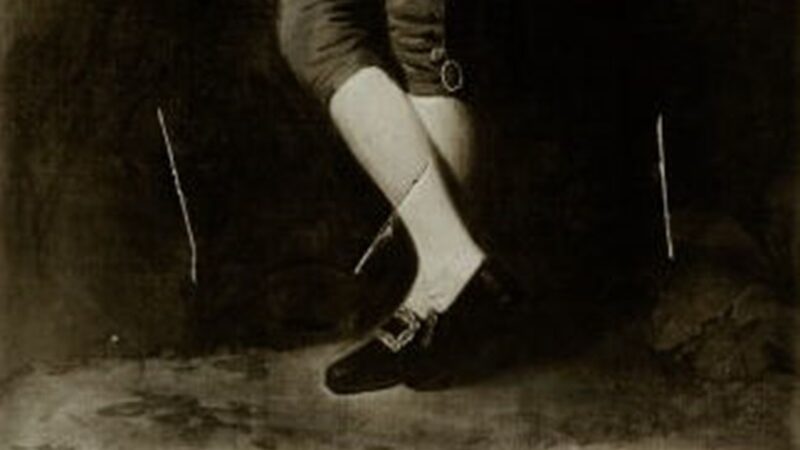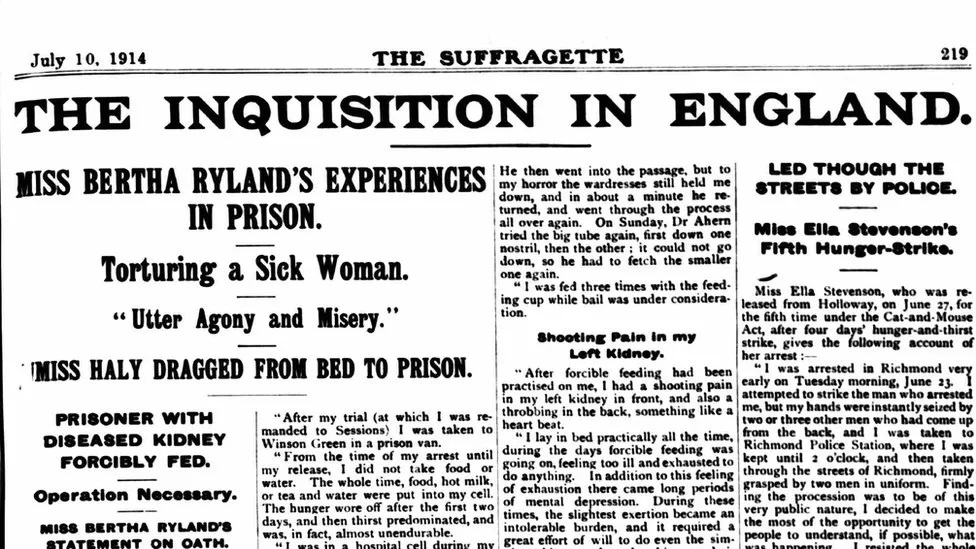Hear Here Bertha Ryland
Birmingham suffragette Bertha Ryland inspired women taking part in Hear Here Her story. Born in Edgbaston in 1882, a stone’s throw from Martineau Gardens where Hear Hear workshops were taking place, Bertha Ryland was a leading figure in the sufragette movement, who by 1914 had already been imprisoned twice, been on hunger strike and force fed many times in Winson Green.
On 9th June 1914, one year and a day after Emily Davidson had died at Epsom Derby, Bertha Ryland hid a meat cleaver under her jacket and after entering Birmingham Art Gallery slashed a painting.

In a note left at the scene, Bertha Ryland said her actions were a deliberate protest “against the government’s criminal injustice in denying women the vote” and “against the government’s brutal injustice in imprisoning, forcibly feeding and drugging suffragist militants”.
She again went on hunger strike while held on remand. She was too ill to stand trial suffering kidney damage she never fully recovered being ‘incapacitated due to illness’ for much of her life afterwards.
“I resisted, and was seized round the waist by wardresses, and once tied around the waist in the operating chair. This mauling of the unprotected kidney together with the retching and choking, strained and twisted the kidney and caused chronic inflammation… the acute agony, the inevitable retching and choking, and the feeling of suffocation, accompanied by the utter helplessness, all combined to make this the most unutterably hideous experience… I lay in bed practically all the time… feeling too ill and exhausted to do anything. In addition to this feeling of exhaustion there came long periods of mental depression… Besides an unaccountable feeling of misery and depression, my memory seemed to be going, and it was a great effort to think clearly or fix my attention on anything… the mental anguish caused by forcible feeding is, of course, quite indescribable.”
Bertha Ryland describing Force Feeding, Nicola Gauld, ‘Words and Deeds’ (2018) p.91

Hear Here Her Story marked 25th November, the International Day for the Elimination of Violence against Women, by unveiling Ophelia’s ‘Cloak of Power’ representing lives and stories of women at the Library of Birmingham. We continue to support16 Days of Activism against Gender-Based Violence running from 25th November until 10th December, Human Rights Day.


